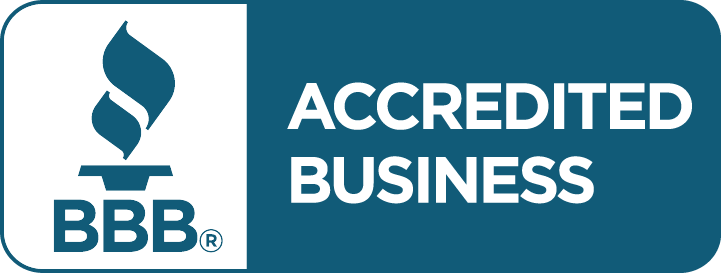Selecting the make, model and colour of a new vehicle is challenging enough – until you start discussing payment options. In an ideal world, purchasing a car outright is one of the best decisions. Besides leaving you with one less bill to pay each month, you avoid paying interest and extra fees. But for Canadians on tight budgets already, buying a car with cash simply isn’t possible. This leads many to explore the next option: using a car loan.
Unfortunately, the auto loans available for those with low or no credit history typically have high-interest rates. Before you sign the dotted line at the dealership, here’s what you should know about high-interest Canada car loans.
How a Car Loan Works
Lenders consider several key factors when calculating the interest rate on your car loan. The three most common ones are:
Your credit score: There’s no minimum credit score requirement for car loans, leaving it entirely up to each lender’s preferences. In general, however, you’ll need a credit score of 650 to get approved for a car loan easily. Rule of thumb? The better your credit, the better your interest rate will be.
Your down payment: Putting money towards the cost of your car improves your loan-to-value ratio (the amount you borrow versus the value of your new car). Your interest rate can improve when you pay more upfront.
Your loan term: Typically, a car loan lasts three to seven years. Because lenders view longer loan terms as riskier, they usually have higher interest rates.
Other possible factors include your income, existing debts and loan amount.
How Car Loan Interest Works
The amount of interest you pay on your car loan depends on the type of car loan you have: simple interest or precomputed.
Simple interest car loans offer a more flexible payment option. If you have more money to put towards your loan – and your total amount on the loan decreases – then your total interest owing will, too.
Precomputed car loans make it less appealing to pay off your loan early. Since the amount of interest you’ll pay is precalculated when you take out the loan, there are no savings if you pay it off sooner than necessary.
Bottom line? If you need a car loan, a simple interest car loan is the way to go. By paying your loan off faster, you’ll pay less interest in the end.
Tips for Saving on Interest Charges
Paying for a car is one of the biggest purchases you’ll ever make. And it gets even bigger if you take out a high-interest loan! Doing so can add thousands of dollars to the amount you have to repay. Luckily, there are ways to lower the amount of interest you’ll have to pay.
Get a co-signer: When a trusted friend or family member with good credit signs on your car loan agreement, the lender views you as less risky. This results in a lower interest rate.
Shorter loan term: If you can afford an increase in your monthly car loan payments, the total amount of interest will decrease in the long run.
Early repayments: If you have a simple interest loan and some extra money available, pay an additional lump-sum payment toward your loan balance.
Adjust your payment schedule: Choosing to make your car loan payments every two weeks instead of every month puts more money toward your loan. Rounding up your car payment (even the slightest amount) can also save you money over time.
Refinance in the future: Sometimes, a lower rate is available by refinancing your auto loan. This is worth considering if interest rates drop or your credit improves after getting your car loan.
The Key Takeaway
Without taking out a car loan, owning a vehicle would be out of reach for many people. But when your credit isn’t optimal, finding a loan with low interest is next to impossible – leading you to take out a high-interest Canada car loan. By the time that loan is paid in full, you’ve paid much more than your initial car purchase price.
If your vehicle purchase can wait, spend some time improving your credit rating first. Practise smart financial habits such as reducing your debt, making payments on time, and limiting how often you apply for new accounts. This helps put you in the best possible position for a low-interest car loan.
If you need a vehicle now – and have no or poor credit history – the tips above can help reduce the amount of interest you’ll end up paying.
Get in touch with us today for more expert assistance with improving your credit score. Our credit counselling specialists can offer you tailored financial advice to help you manage your money better.











